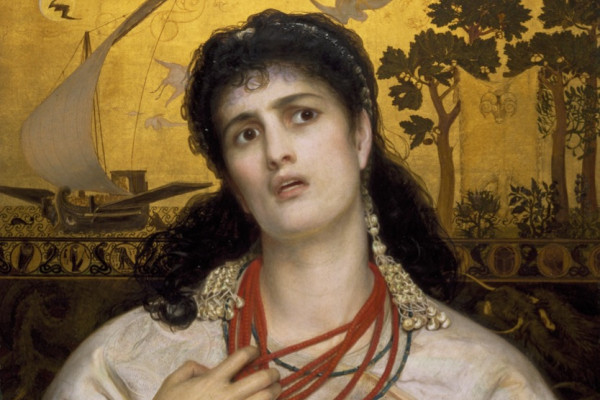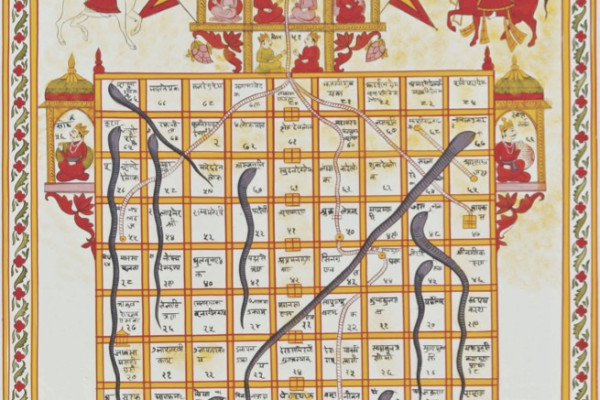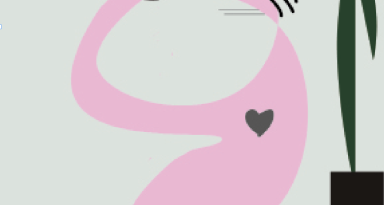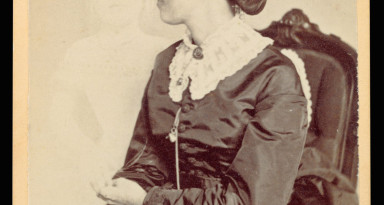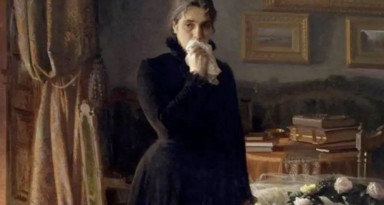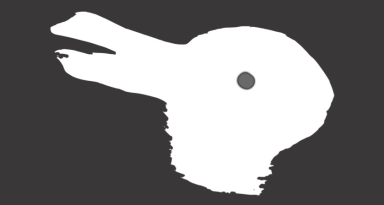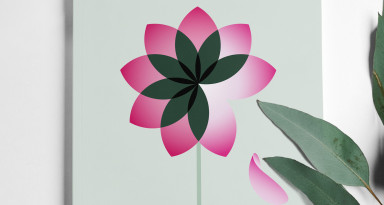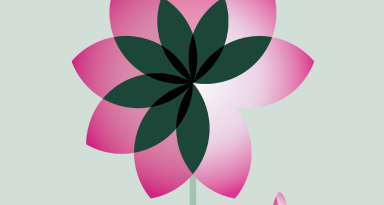When I was growing up in the 1980s, my family and I sometimes played a board game called ‘The Game of Life’. Rather than throwing dice, you spun a central wheel to determine your move, yielding a number between one and ten. The playing pieces were coloured plastic cars which meandered through an idyllic landscape towards the Day of Reckoning: a final choice between either the Country Cottage or Millionaire’s Mansion. Despite these names, money was the only thing that mattered in either scenario. You waited until every player had finished, either drawing a pension (Cottage) or speculating on the stock market (Mansion) in the meantime, then totted up your gains to determine the winner.
Along the way, you made certain choices and passed certain milestones. Both marriage and employment were compulsory. There were tiny holes in each car, into which blue and pink plastic pegs were inserted to represent a spouse and children. Each child was worth £20,000 at the end of the game, so it paid to be fertile. You got to a pursue a career based upon a choice of two initial paths: University or Business. Business offered a short-cut to a salary while University offered greater risks alongside the allocation of one of five professions: physicist, teacher, lawyer, journalist, doctor. For reasons best known to the game’s designers, the most lucrative profession was journalism, bringing in a salary of £20,000. I still wonder how many disillusioned journalists curse The Game of Life for suggesting they’d be out-earning lawyers.
The version of the game I played dated back to 1960, when it was released by the Milton Bradley games company as a centennial reimagining of its founder’s 1860 creation ‘The Checkered Game of Life’. Boasting squares such as Idleness, Disgrace, Poverty, Crime, and Prison, Bradley’s original offered a harsher playing experience. According to his patent application, the game was “intended to forcibly impress upon the minds of youth the great moral principles of virtue and vice”. Despite these objectives, its practical message seems to have been identical to that of the game my brother and I played until its detachable plastic buildings rattled in their slots and the flapper on the Wheel of Fortune snapped off. Winning at The Game of Life meant amassing more money than anyone else, and every single decision could and should be measured in terms of its contribution to this objective – while remembering that blind luck could derail even the soundest strategy.
Much like Monopoly – which began as a tool for illustrating the evils of capitalism, but ended up demonstrating how fun it is to render your friends and family destitute – The Game of Life has sold millions of copies thanks to some crucial ways in which it isn’t like real life. For a start, it’s socially acceptable to ignore moralising and set about winning. Then, when it’s finished, you tidy up the pieces, redistribute the spoils and start again. All losses are temporary, all victories inconsequential.
In fact, the prominence of chance means that The Game of Life is fair in a way that life isn’t. Everyone plays by the same rules and starts with the same opportunities. You don’t win or lose thanks to who your parents are or what colour your skin happens to be; you can’t pretend you deserved a particular spin of the wheel. As long as you can stomach the heady heteronormativity, it’s a level playing field. If you play enough times, you’ll live any number of lives: fortunate, destitute, triumphant, hopeless. You may even learn one of childhood’s handiest lessons; how to lose with at least a semi-convincing simulation of good grace.
Despite its simplicity, The Game of Life looks from a certain angle like one of the 20th century’s most famous philosophical thought experiments: the “veil of ignorance” proposed by John Rawls in A Theory of Justice. How might we wish to structure a society, Rawls asked, if we didn’t know in advance what position we were going to occupy? What principles would we be willing to endorse if we knew that, upon awakening tomorrow, we would be randomly allocated one of all the possible lives within it? For Rawls, the principle that follows from this is “justice as fairness”, focused upon an equality of basic rights. A society defined by such a principle would still have its winners and losers; its conflicts and vagaries of fate. But these would not be attributable to inequalities of access to opportunities or advantages. Anyone could in principle become a doctor, a lawyer, a physicist or – if they were very fortunate – a journalist. Everyone is spinning the same wheel.
Life itself isn’t a game. Yet games shed an intriguing light on how people have thought about living, striving, and losing over the last few millennia. If you’re interested in keeping score, money is one contender, but more impartial or altruistic alternatives are also available (just ask the utilitarians and longtermists). Hedonism lends itself to a game-like framing – go for broke when you get a shot a pleasure! – while reminding us that there’s no replays or reshuffling. Unless, that is, you believe this world’s losses will be redressed in the next: that, like some kind of divine scoreboard, a transcendent Day of Reckoning awaits.
In earthly terms, one of the few things most people can agree upon is that we come from and return to nothing. There’s only one stop after the Country Cottage and the Millionaire’s Mansion, and it’s the same for everyone. Nobody wins or loses; the final result is always a draw. Or rather, the chance to spend some time at play with others is the only shot you get at making and finding meanings; at bringing the possibility of loss into existence.
“To be playful,” James P. Carse argued in his 1986 book Finite and Infinite Games, “is not to be trivial or frivolous, or to act as though nothing of consequence will happen. On the contrary, when we are playful with each other we relate as free persons.” A game that isn’t freely chosen isn’t a game – and this makes the fact that we can and do choose to play together a defining form of freedom. No matter who you are or how far you’ve come, anything and everything can be taken away by one spin of Fortune’s wheel. And sooner or later, everything will be. What, then, does it mean to live and love in the meantime: to aim at the kind of success worth losing for?
